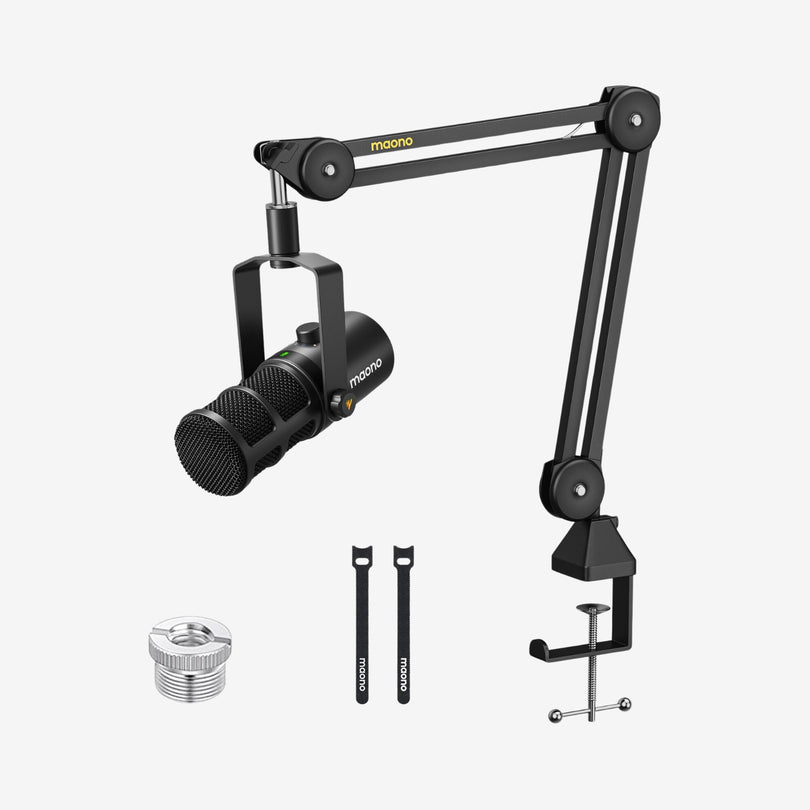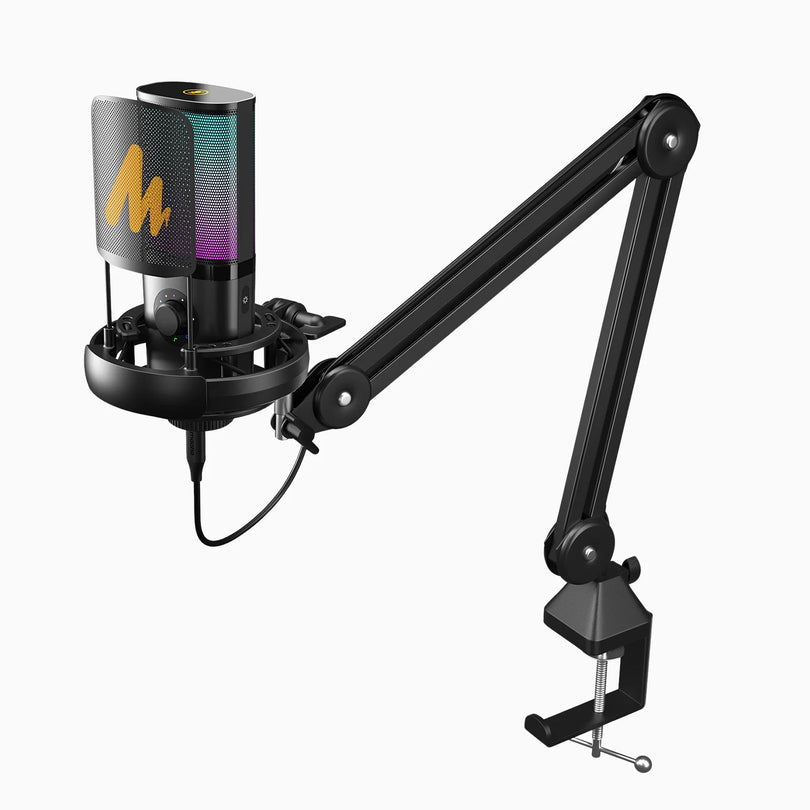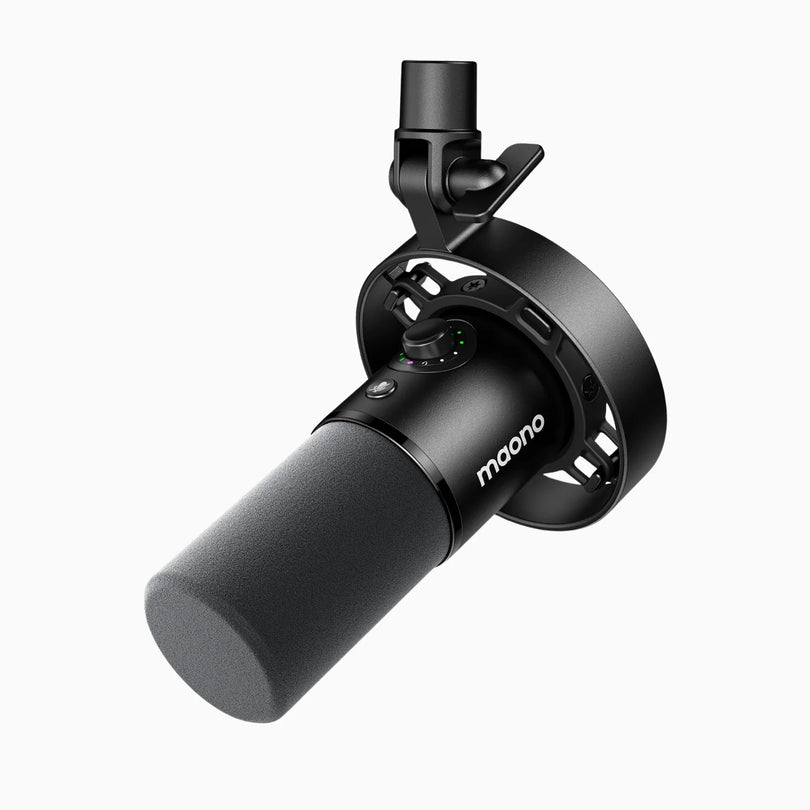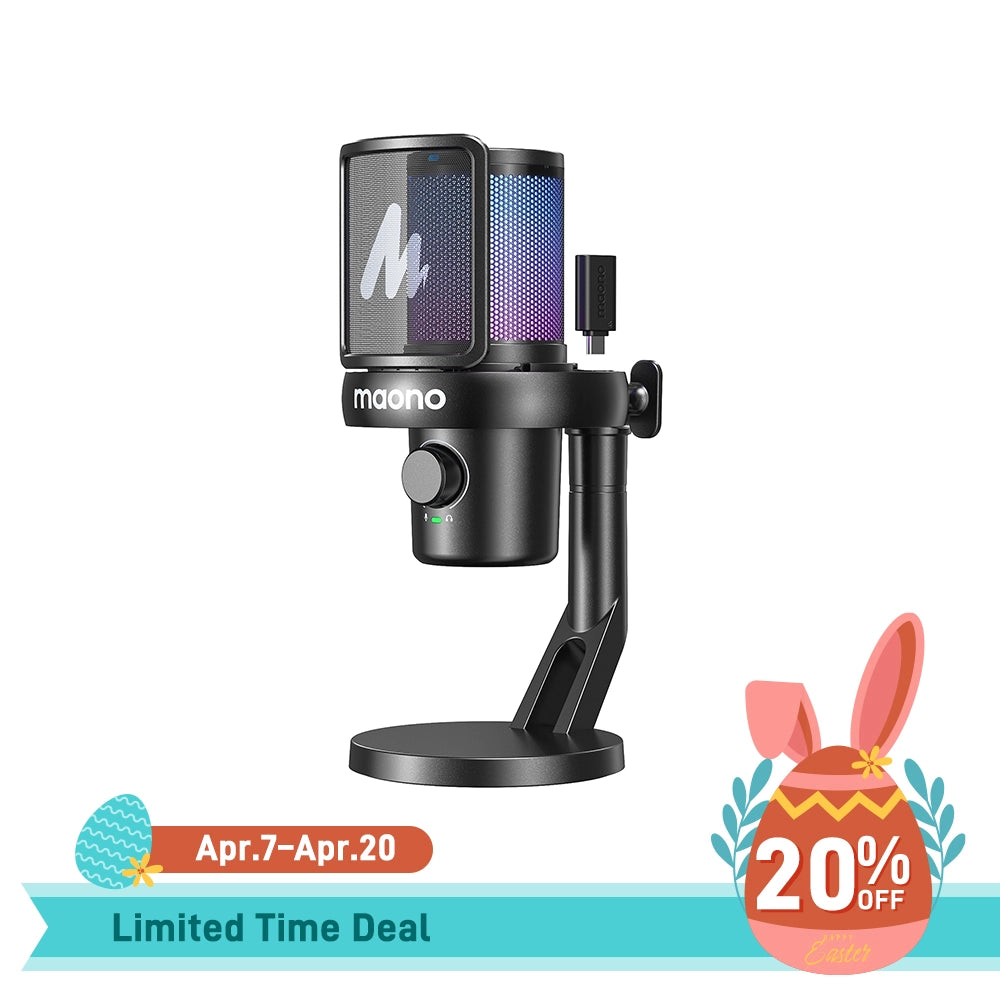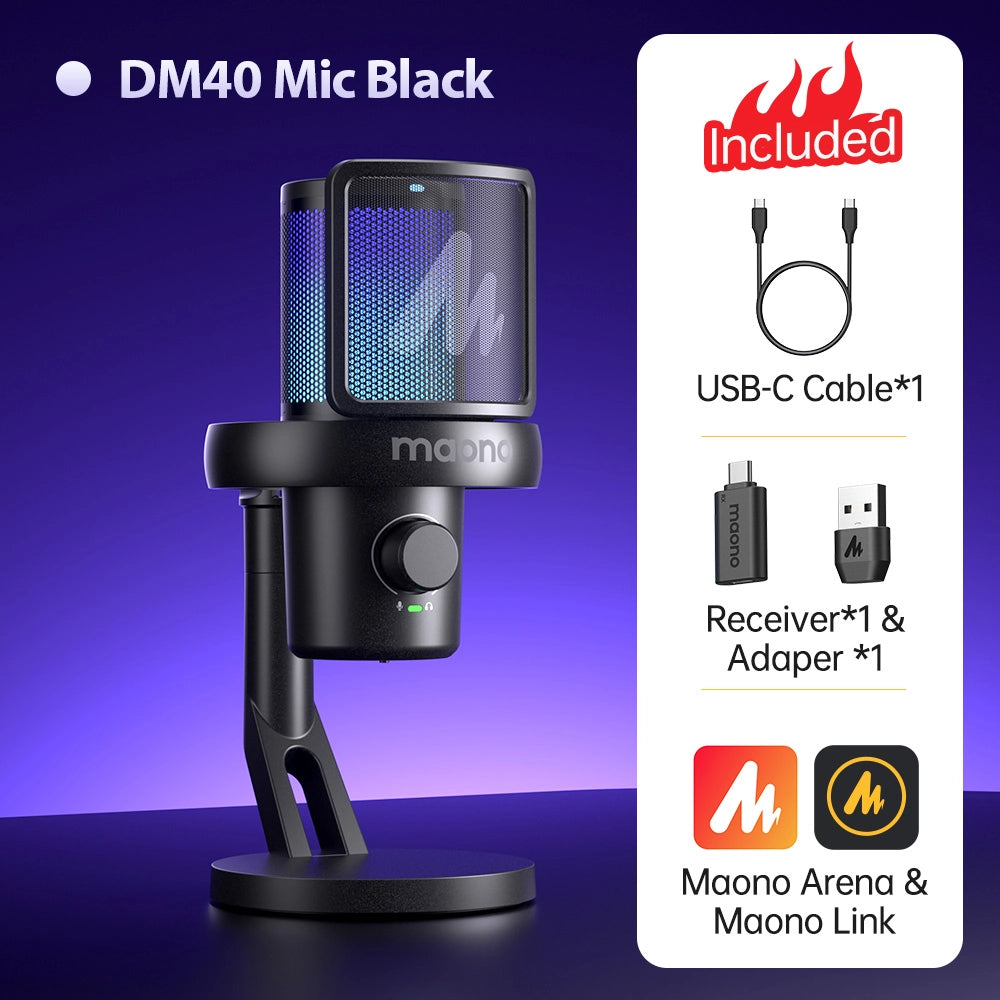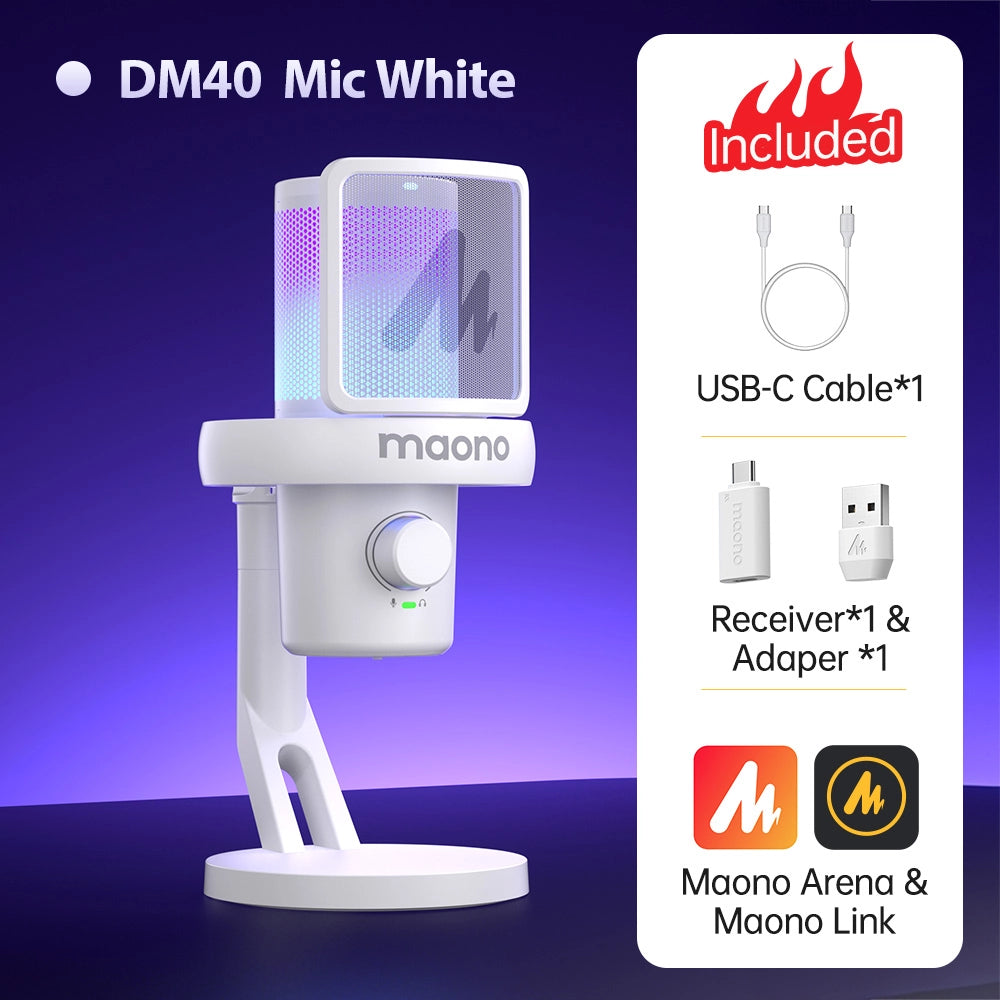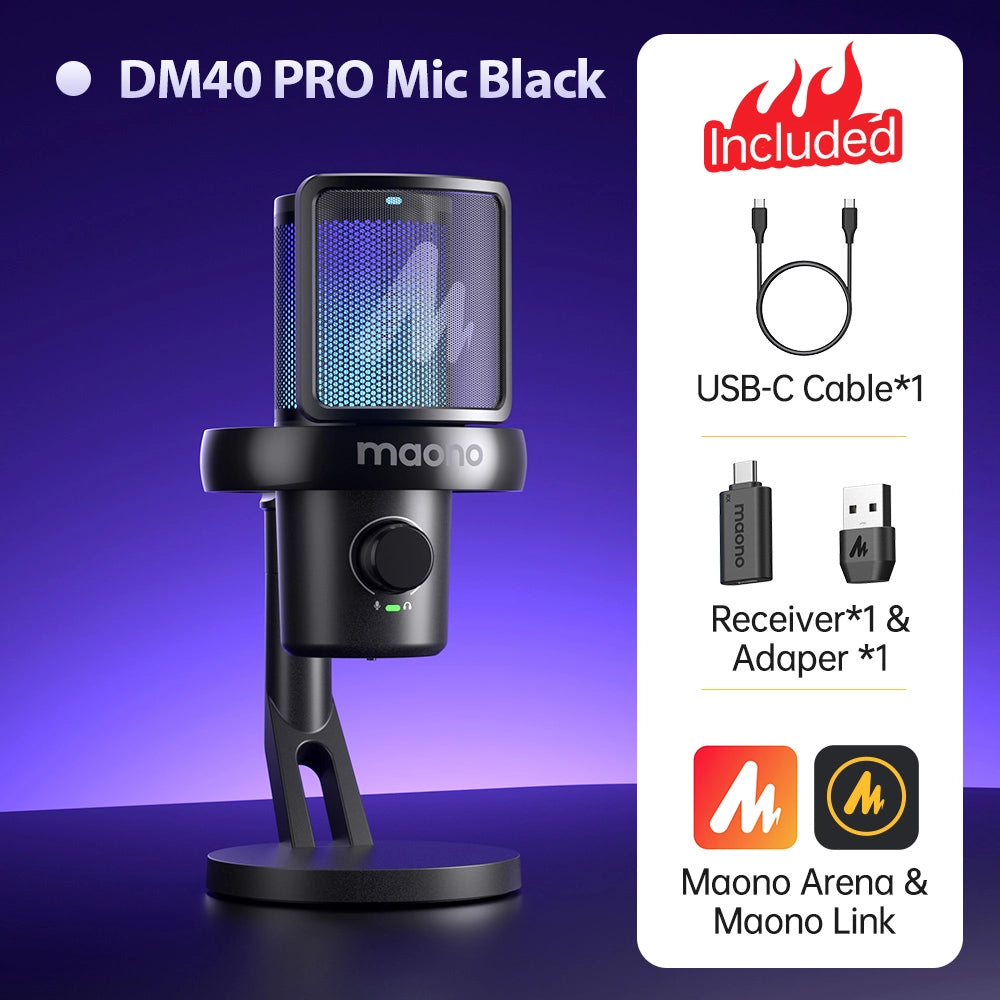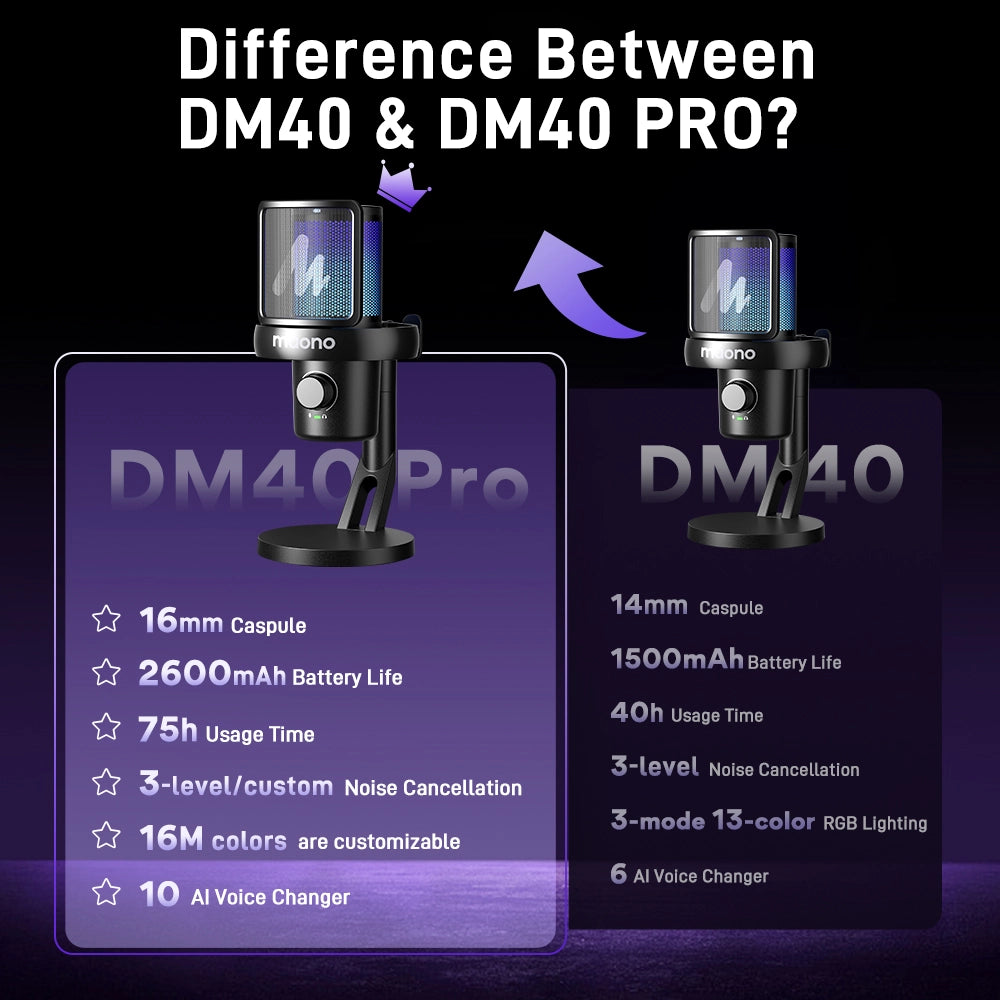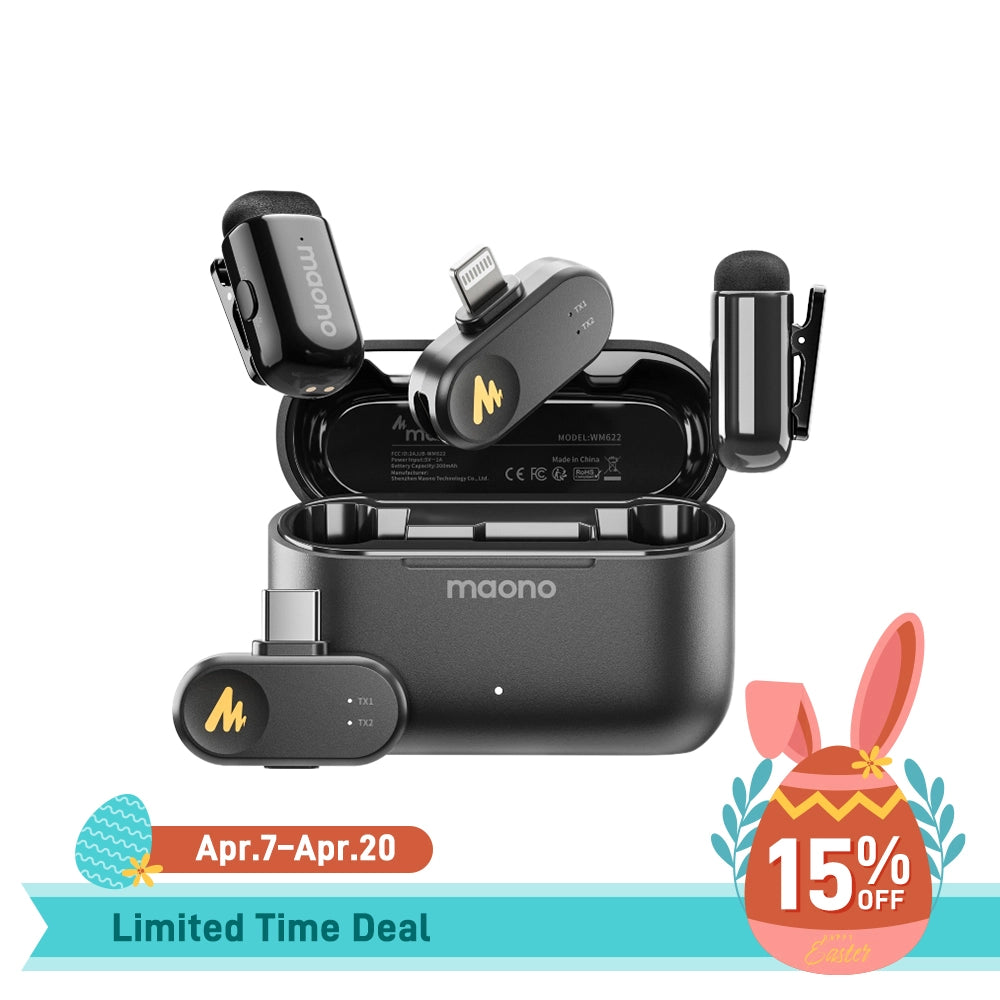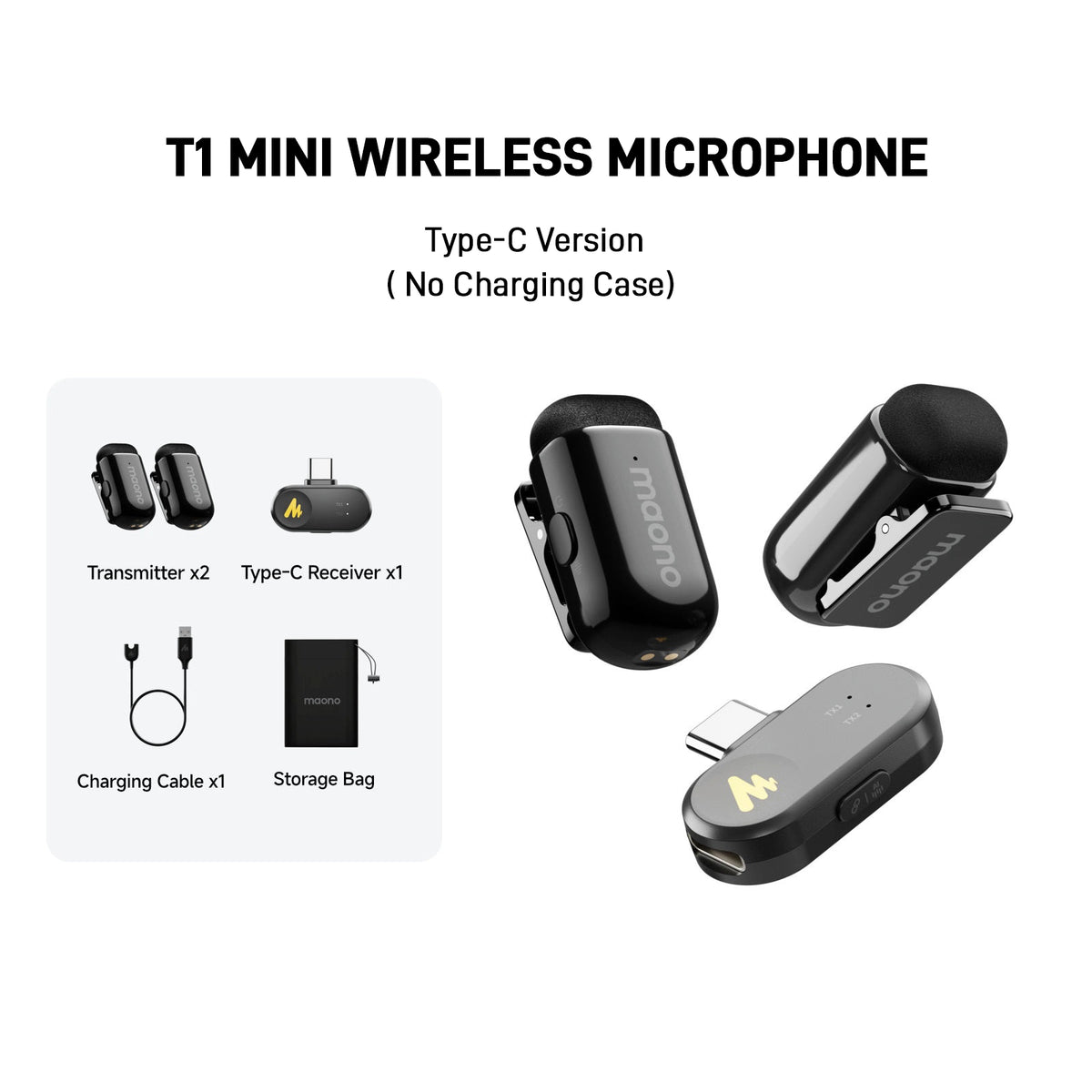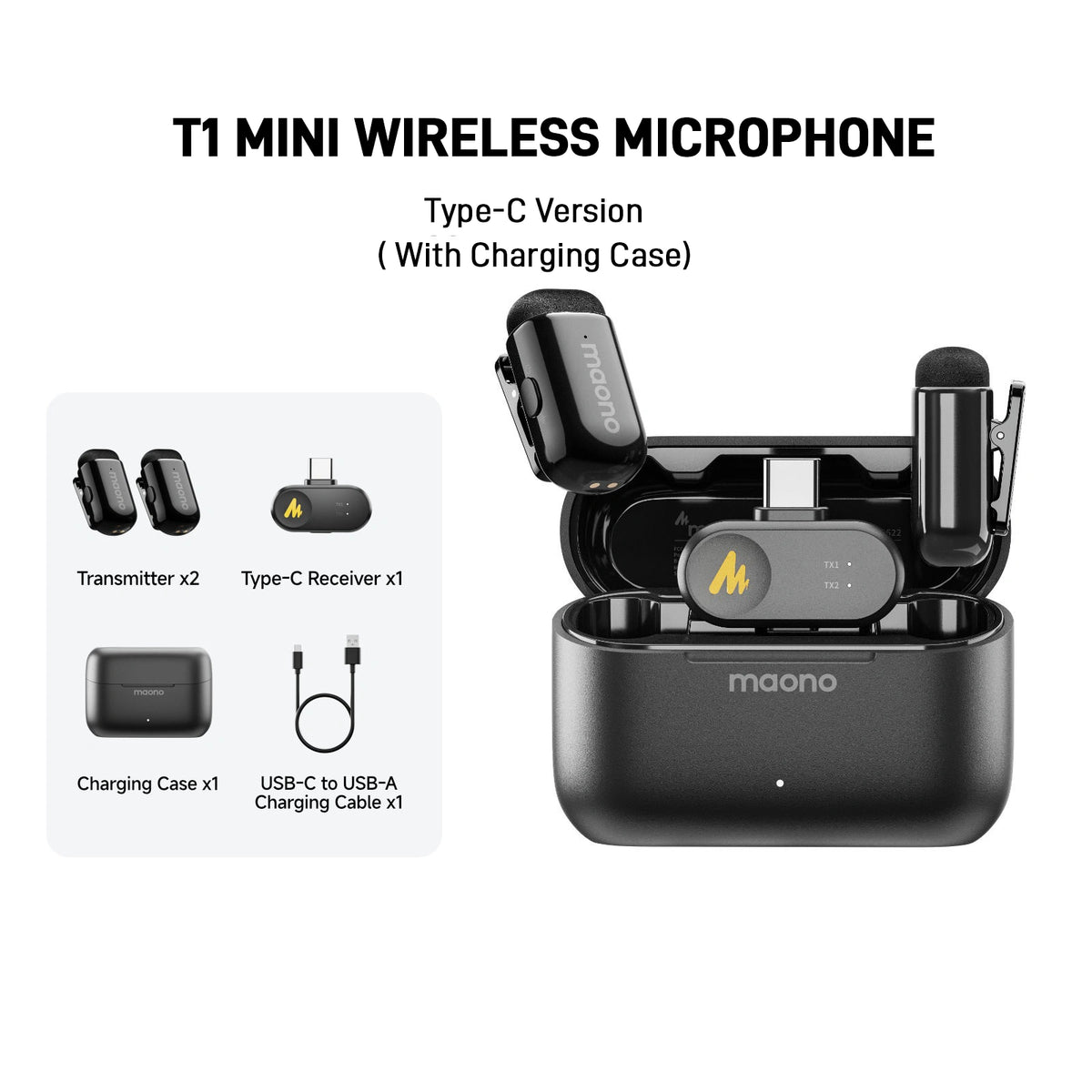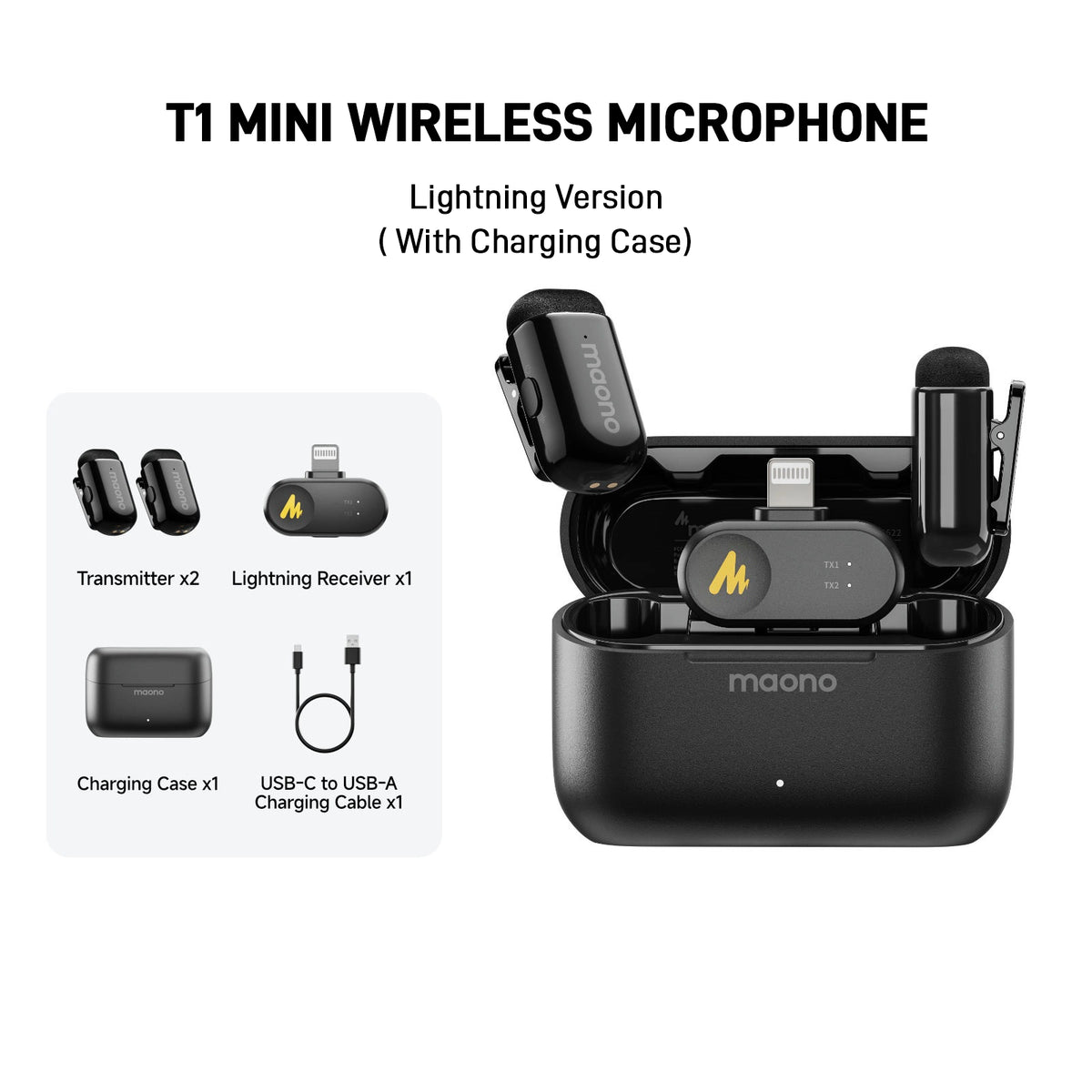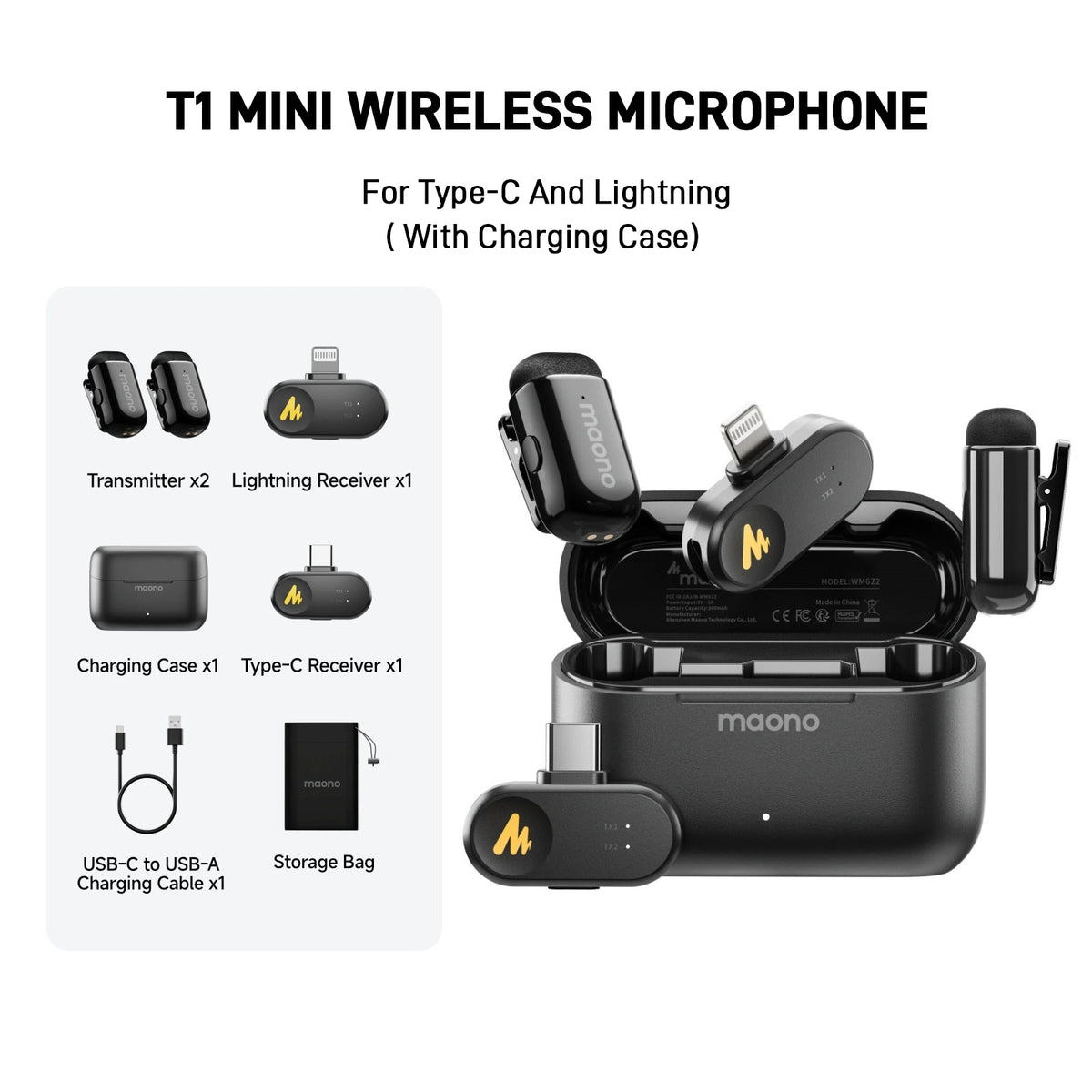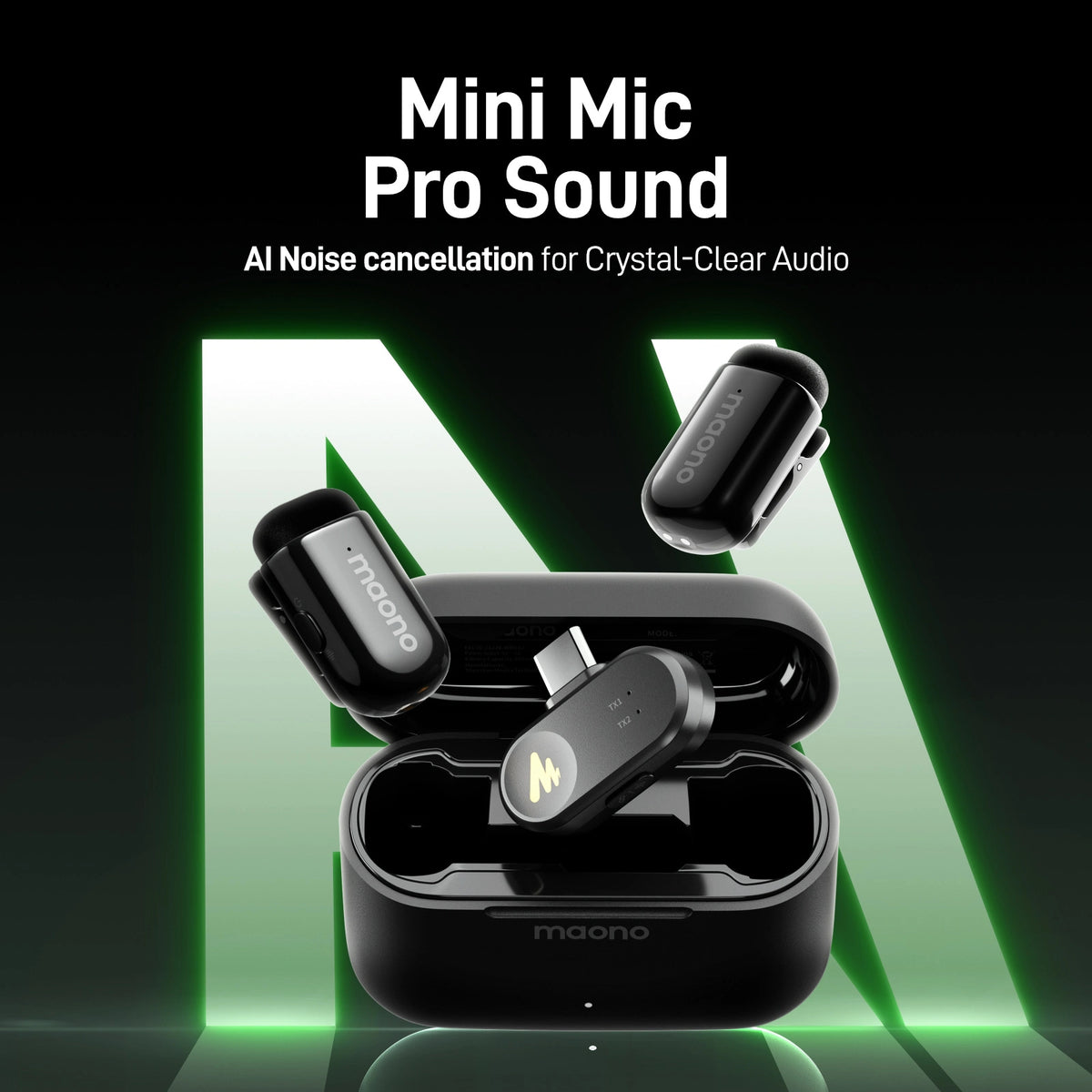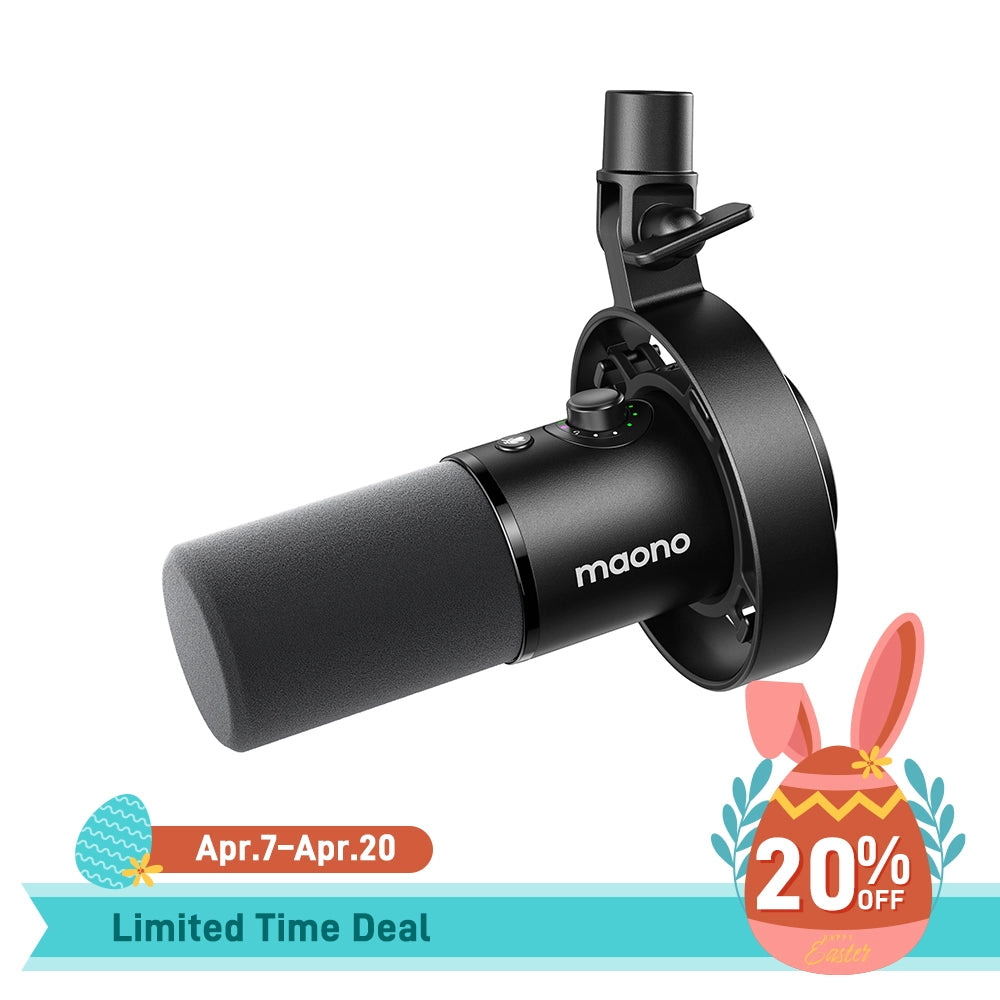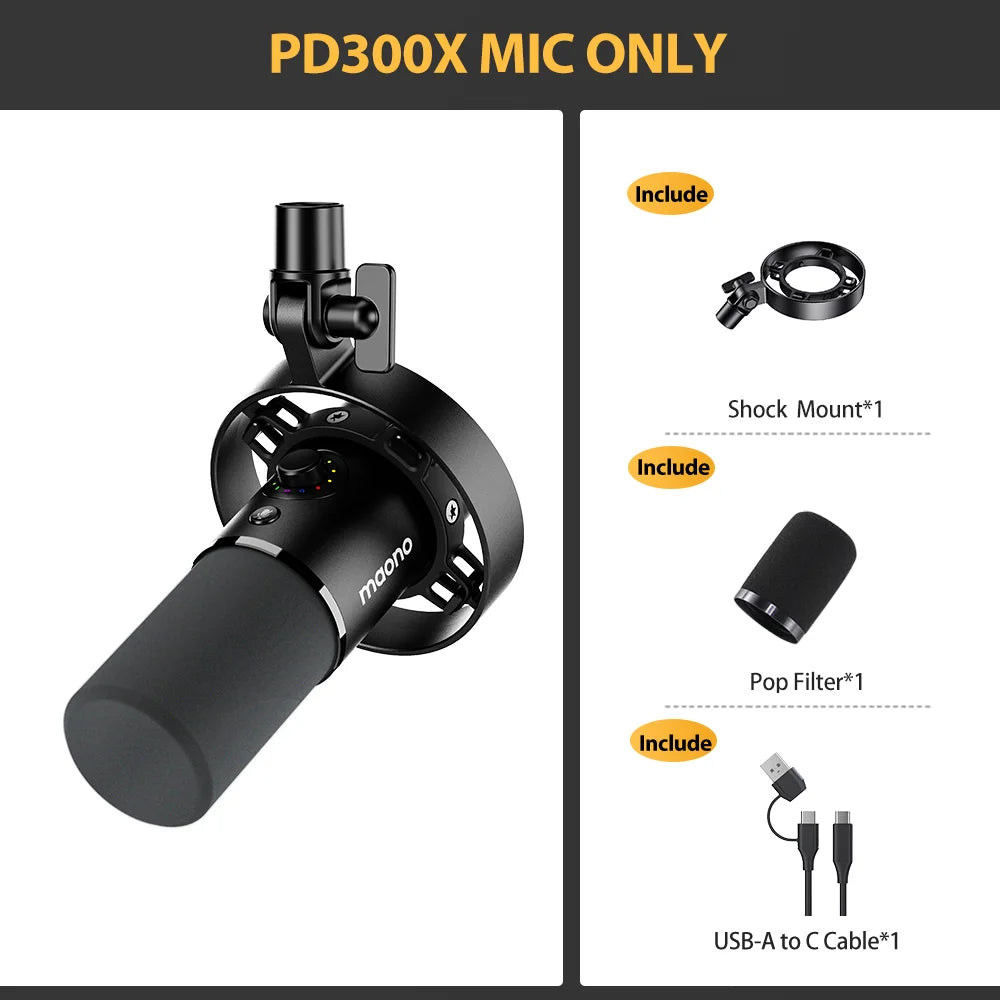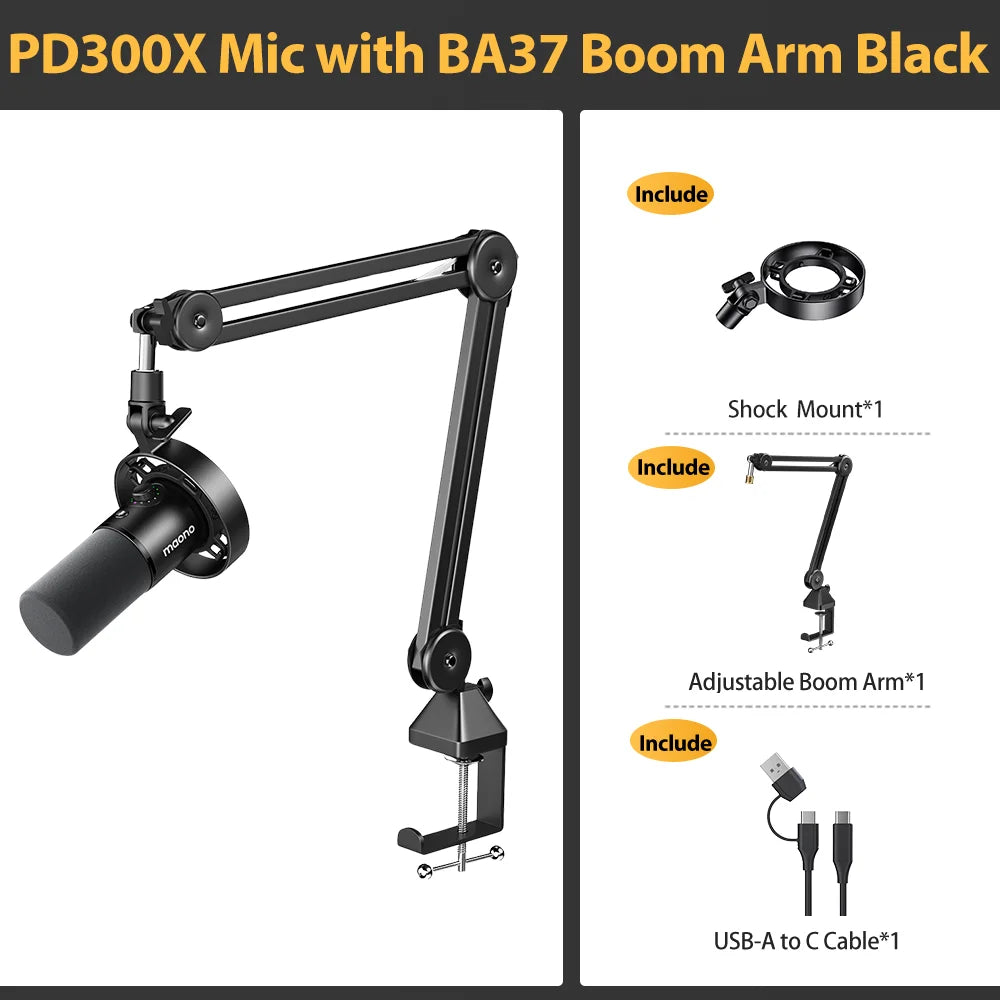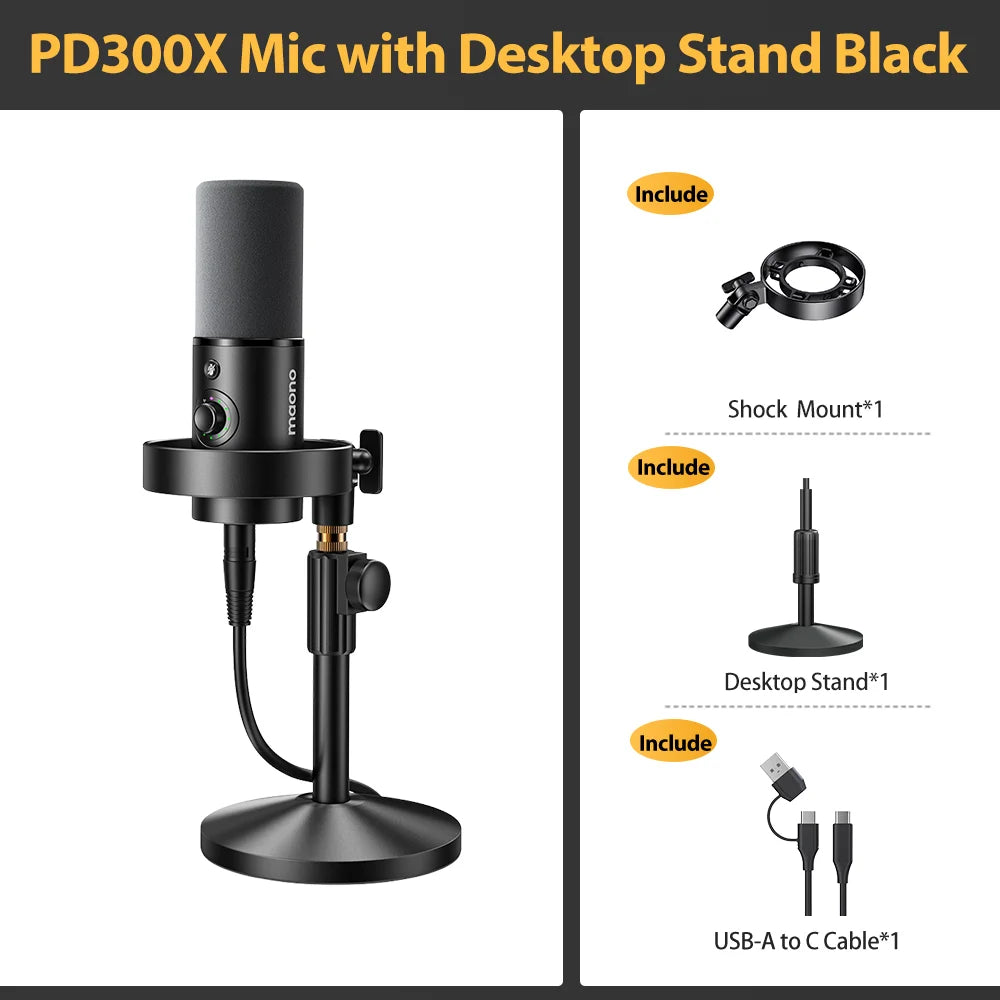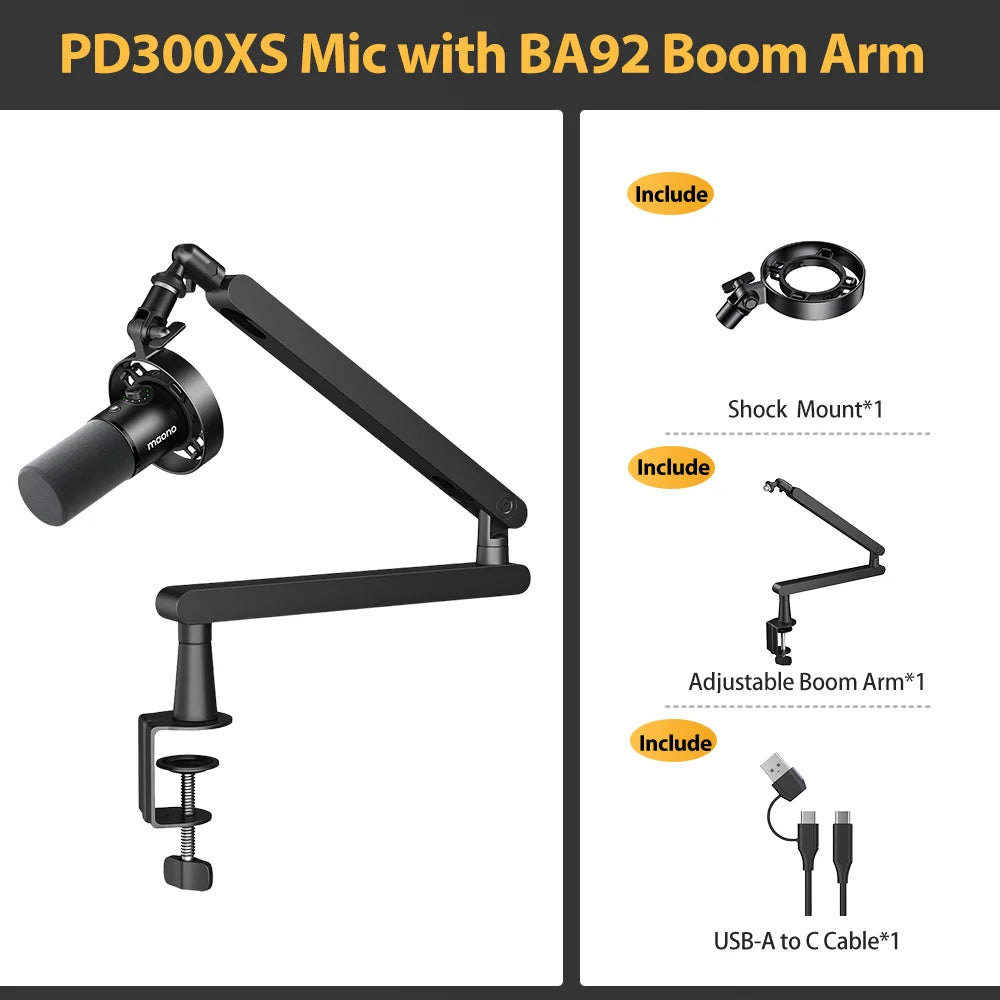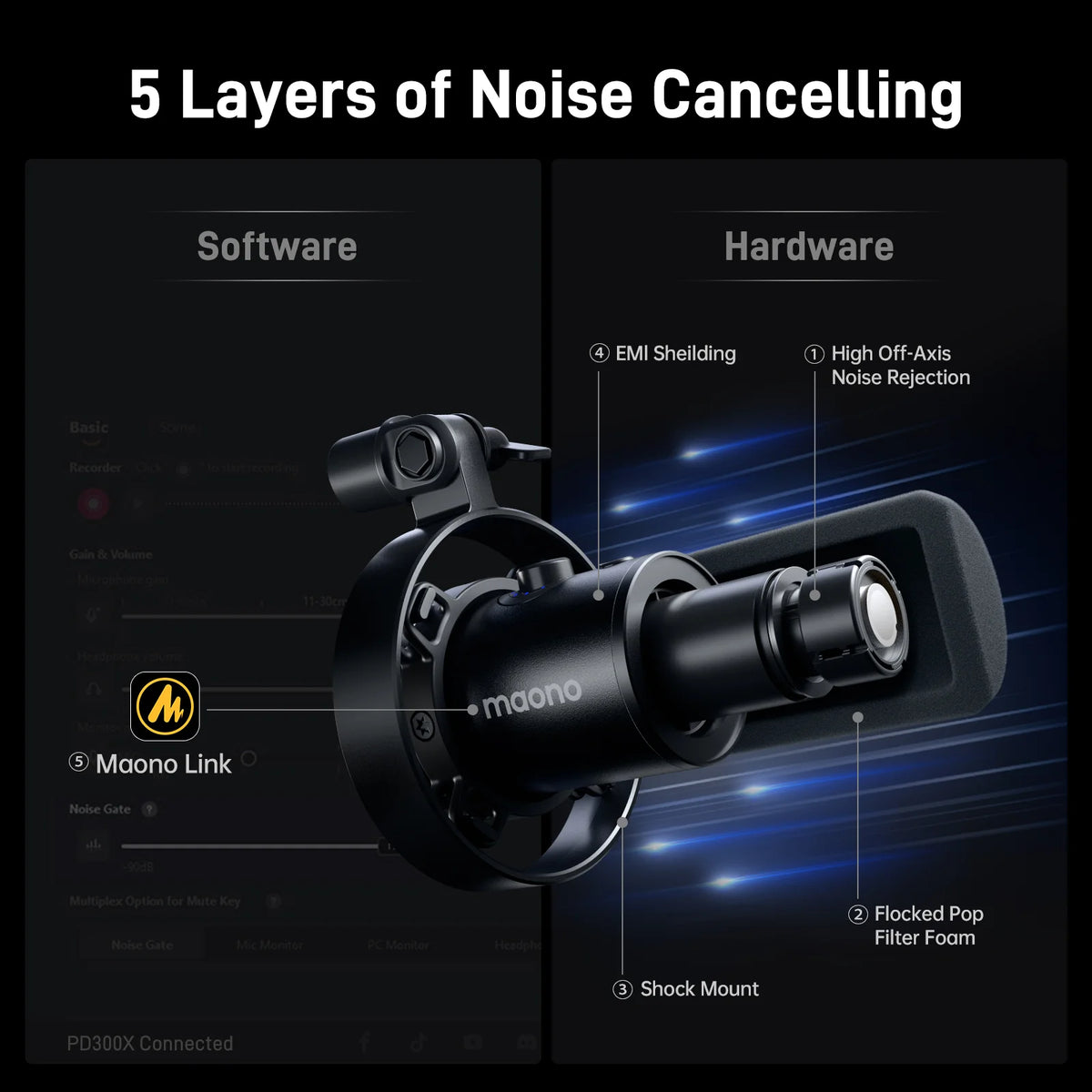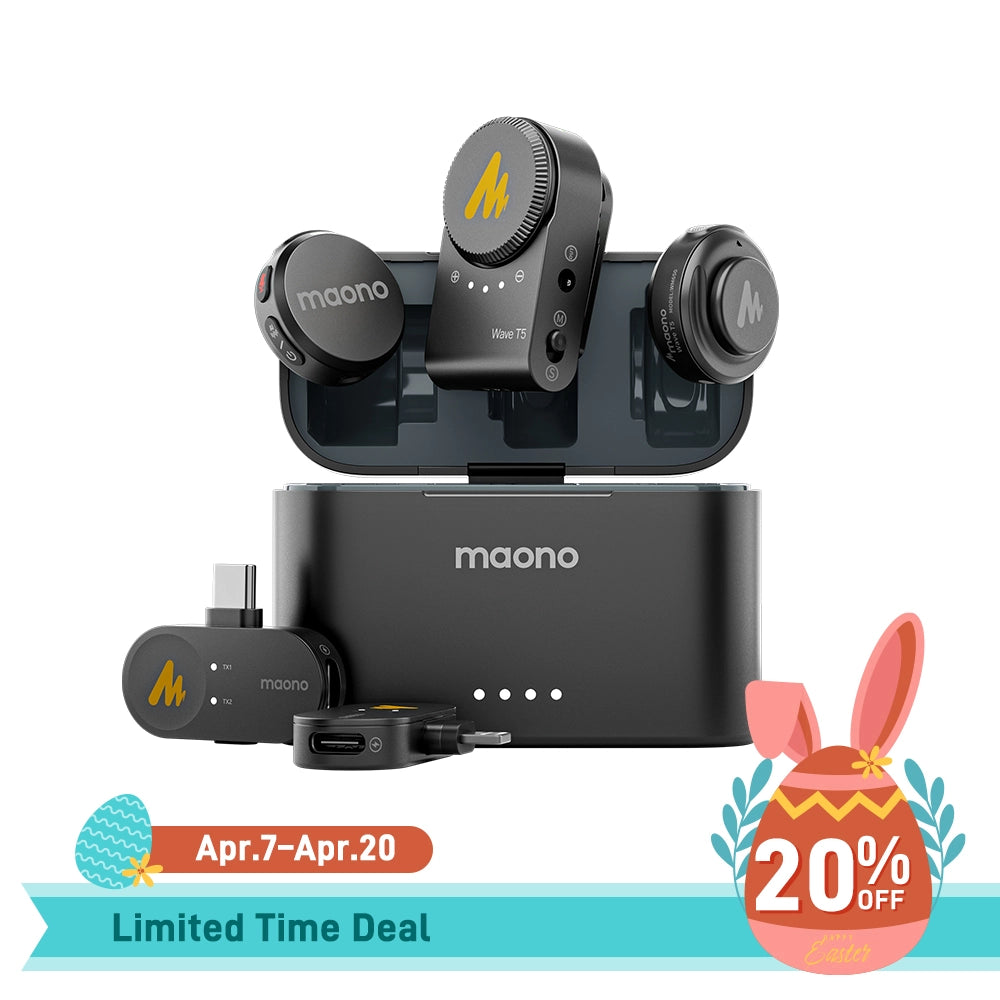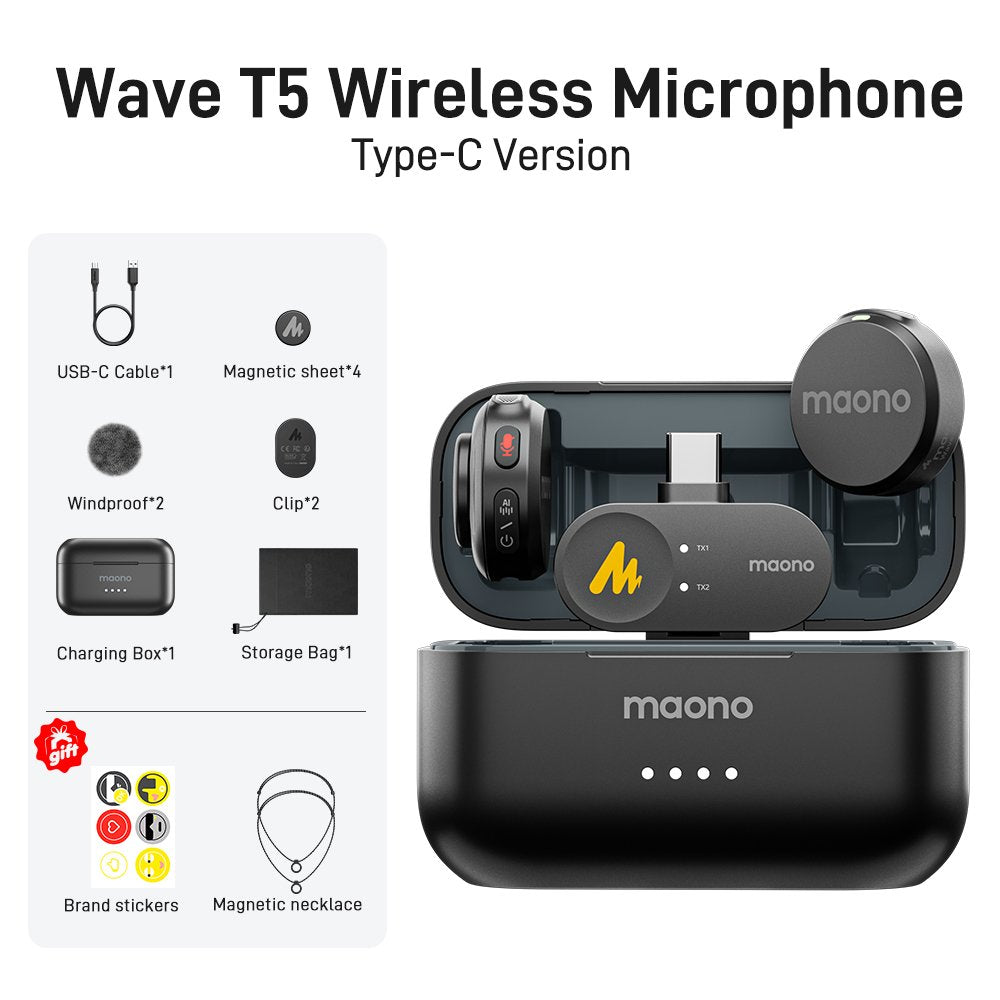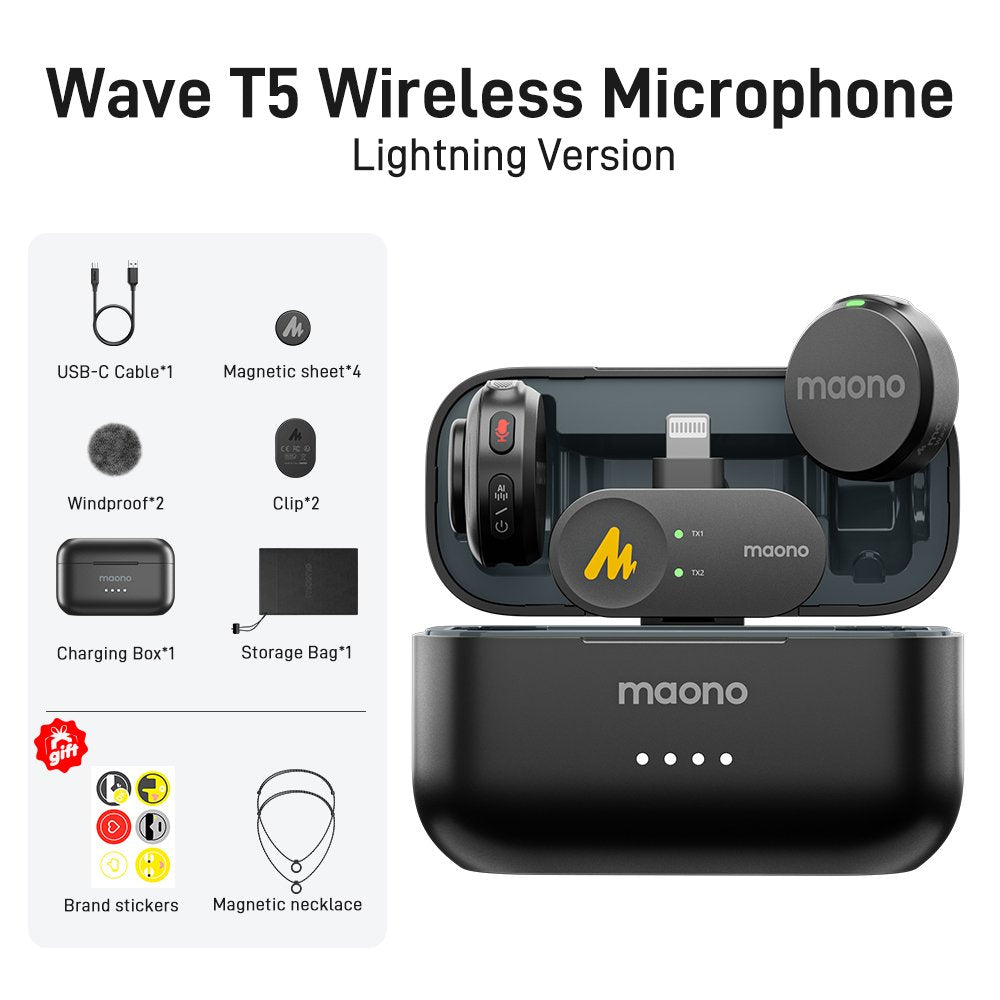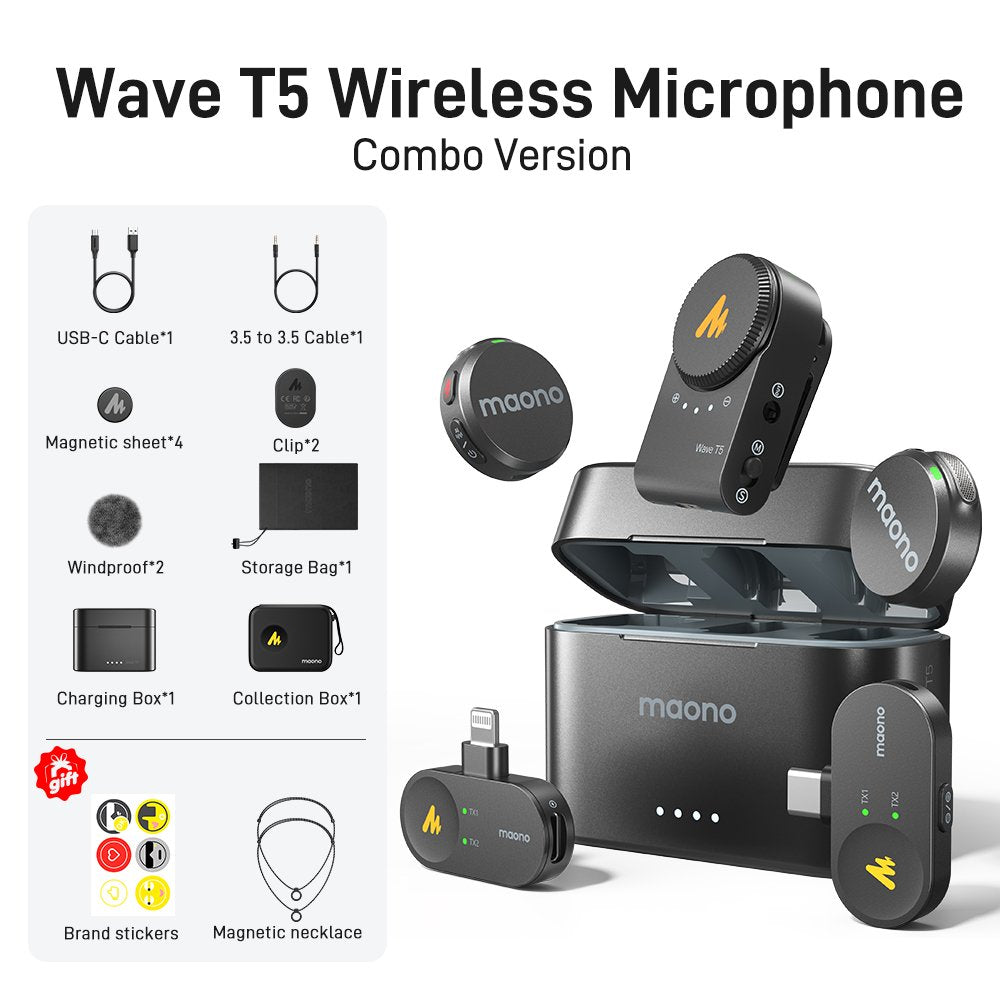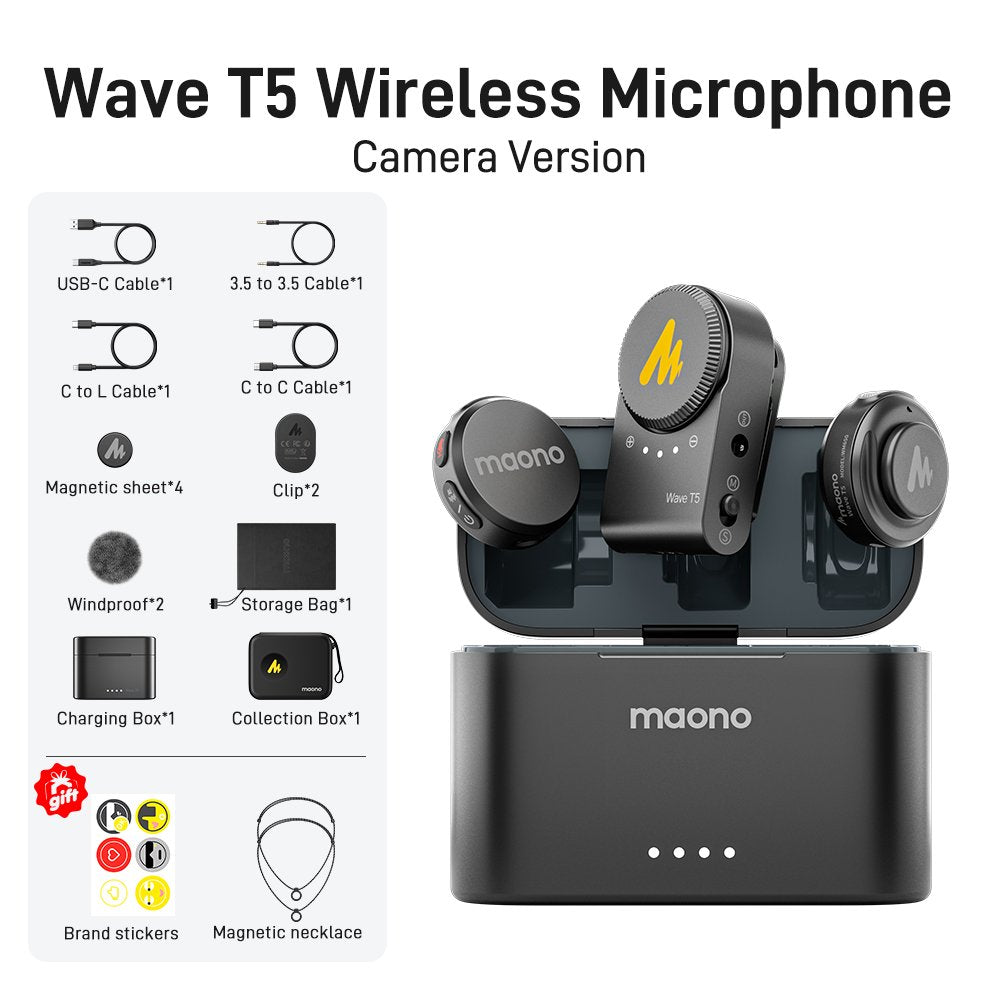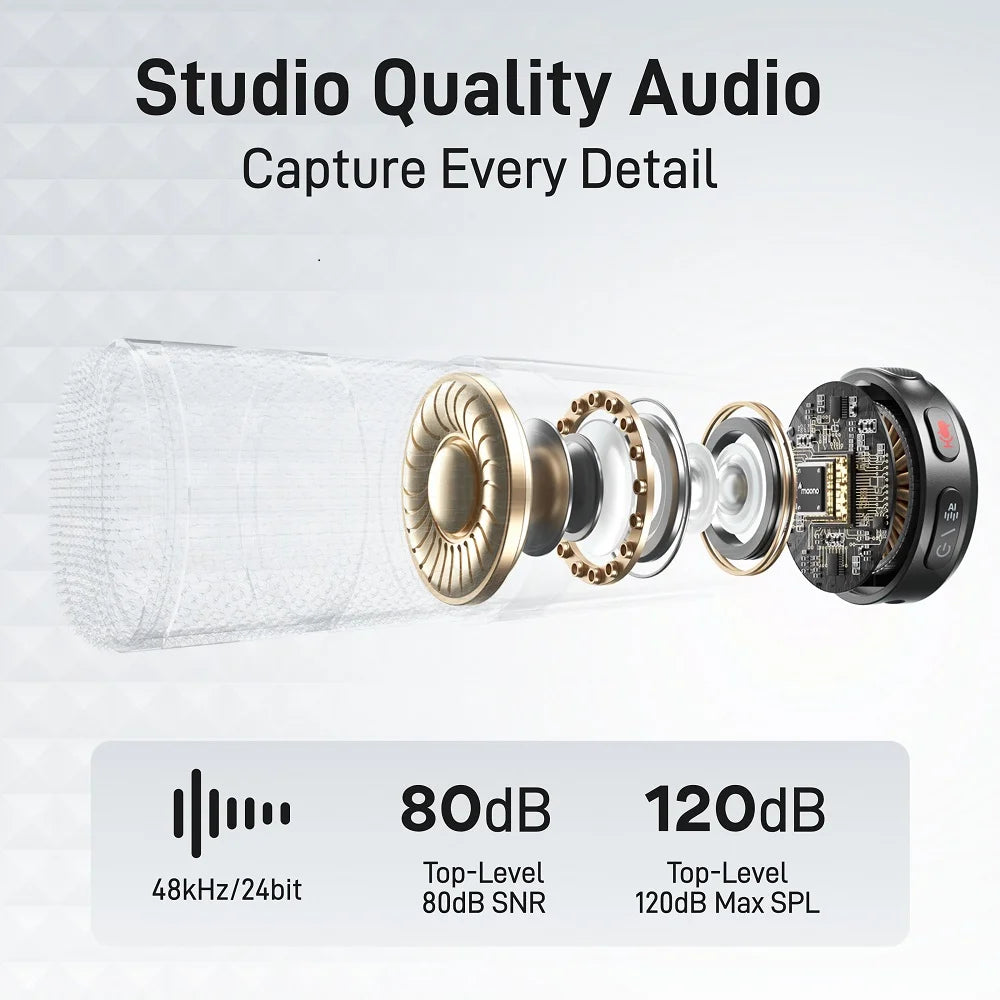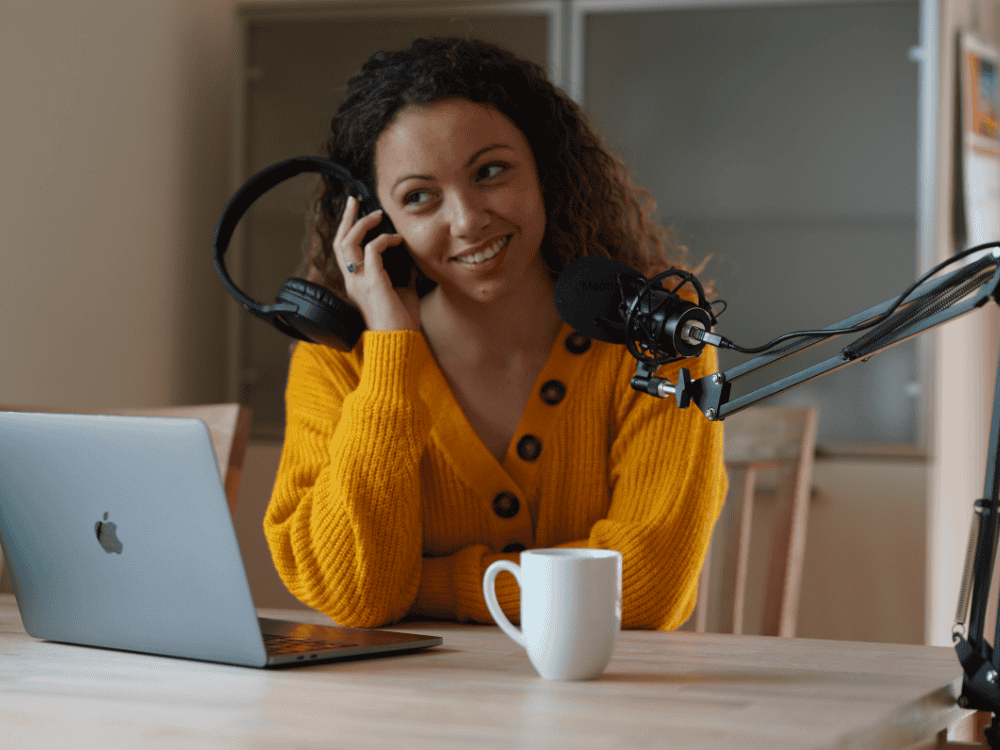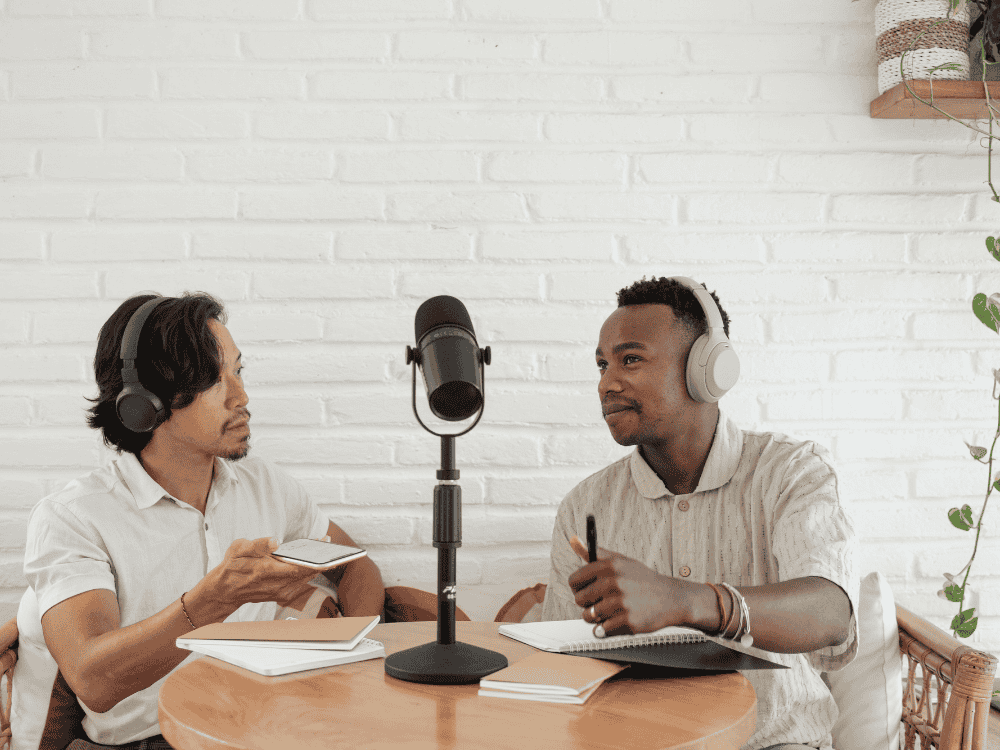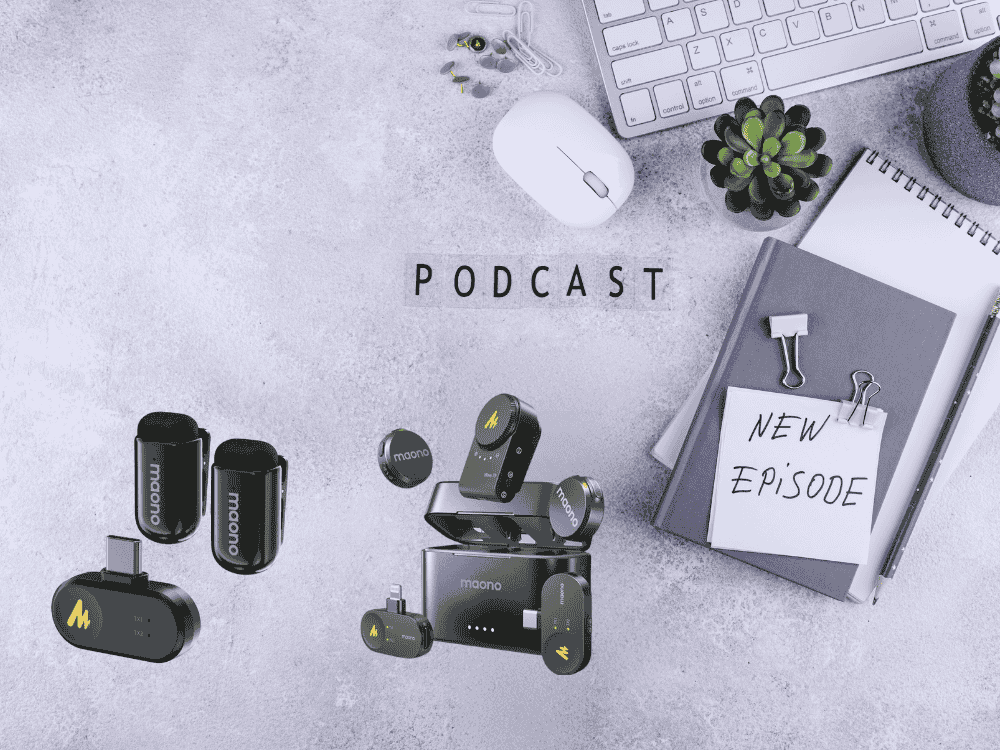So, you think you are the go-to-person when it comes to advice. You want to share information and what you know to help your audience solve their problems. Maybe you think you have what it takes to be an online therapist and sort things out with your clients--mentally or emotionally through a podcast. Let's learn how to start a mental health podcast and get started.
How to Start a Mental Health Podcast from Scratch
In recent years, mental health has moved from a whispered topic to a vital part of mainstream conversation. With more people seeking support, guidance, and shared experiences, starting a mental wellness podcast can be a deeply rewarding and impactful project.
But where do you begin? From structuring your content to selecting the right podcasting microphone, starting a mental health podcast requires both sensitivity and solid planning. Whether you're a mental health professional, a passionate advocate, or someone who has navigated personal challenges, your voice can make a difference.
This guide will walk you through how to start your podcast, how to approach sensitive mental health topics, and how to pick the best microphone for podcast or your reliable podcast microphone—to ensure your audio is just as healing as your message.
What Are the Positive Things We Get from Listening to Podcasts?
Podcasts are more than background noise—they’re a unique medium that connects listeners directly with your voice, message, and energy. Here’s why mental wellness podcasts are so impactful:
-
They’re straight to the point
Speaking for myself as a millennial, I like listening to podcasts recently because of it being straight to the point. I also like the relevant topics because I can relate to them and for the advice of the expert speaking from the podcast, I can apply them in my daily life. Unlike videos or long blogs, podcasts deliver value quickly. Listeners often tune in while doing other activities, appreciating a focused, insightful experience.
-
They’re relatable
Mental health podcasts feel personal. Real-life stories, candid confessions, and meaningful advice make listeners feel seen and understood. We are always interested and entertained for engaging in topics that we can relate to.
-
They're comforting
The consistent tone and familiar voices of wellness podcasters offer emotional stability, making listeners feel safe and supported.
-
They’re flexible
Whether someone wants a guided meditation, a science-backed discussion, or a raw personal journey, there’s a style and episode length for everyone.
-
They’re empowering
Normally, we choose podcasts by experts and professionals we can trust–that’s why we listen to them. We like to be influenced and empowered. Podcasts often help normalize mental health challenges and promote self-awareness and resilience.
Starting your own mental health podcast allows you and your audience an access to a platform where you can contribute to a culture of compassion and understanding, while also creating a creative outlet for yourself.
How Do I Approach Sensitive Mental Health Topics on My Podcast?
Discussing anxiety, depression, trauma, and burnout can be triggering or overwhelming for some listeners. Here’s how to approach such topics responsibly:
-
Use empathetic, non-judgmental language
Avoid harsh generalizations or definitive statements. Instead of saying “this will fix your anxiety,” consider “this technique has helped many manage anxiety symptoms.”
-
Provide content warnings
Let your audience know upfront if the episode will discuss sensitive material such as suicide, abuse, or panic attacks.
-
Invite experts when necessary
Therapists, psychologists, or social workers can help provide accurate information, particularly for clinical topics.
-
Share from your experience
If you’re not a professional, personal stories resonate deeply. Just make sure to clarify that you’re sharing your journey—not issuing medical advice.
Can I Talk About Mental Health If I’m Not Yet a Licensed Therapist?
Say you’re a psychology major–a graduate of Bachelor of Science in Psychology. You have been a practitioner of psychology, but not yet licensed to be an official therapist. Can you talk about mental health online?
Absolutely—your voice matters. Many successful mental wellness podcasts are hosted by advocates, educators, and people with lived experience. Just be mindful of the following:
-
Be transparent
Always clarify your credentials (or lack thereof) early in the episode or podcast description. Be honest if you’re not well-versed in a topic or a term that may lead to misinformation.
-
Avoid diagnosing or prescribing
Avoid misinformation. Stick to personal stories, peer-reviewed studies, and interviews with professionals.
-
Use your platform to amplify expert voices
Highlight those with training and clinical experience, especially when discussing therapy modalities or treatments.
What Disclaimers Should I Include in a Wellness Podcast?
Every mental health podcast should have a short, clear disclaimer to protect both the host and the listener. Here’s an example you can customize:
"The content in this podcast is for informational and educational purposes only. It is not intended as medical advice and should not replace consultation with a licensed mental health professional. If you’re in crisis, please seek professional help or contact a mental health support line in your area."
Repeat this disclaimer in your show notes and every episode intro when discussing heavy or potentially triggering content.
What Are Effective Ways to Bring Guests Onto My Mental Health Podcast?
Bringing guests on your podcast can offer new perspectives, stories, and professional insights. Here's how to do it:
-
Start with your network
Reach out to friends, advocates, or professionals in your area who are passionate about mental health.
-
Be clear about your format
Let them know in advance the topic, tone, and structure of the episode.
-
Use platforms like PodMatch or MatchMaker.fm
These help podcasters connect with potential guests.
-
Keep audio quality in mind
Encourage guests to use a quality podcasting microphone or headphones with a mic for clearer audio. A poor connection can ruin a great interview.
FAQs: Choosing the Right Podcasting Microphone for Mental Health Content
What Audio Setup Do I Need to Record Calming, High-Quality Wellness Content?
Soothing, clear audio is crucial for a mental wellness podcast. Here’s what you’ll need for a beginner-friendly yet professional-sounding microphone setup for podcasting:
-
A USB or XLR podcasting microphone or a hybrid (combination of both USB/XLR)
-
Pop filter to minimize harsh "P" and "T" sounds
-
Mic stand or boom arm for comfort and better placement
-
Audio interface (if using XLR) to improve sound clarity and connect to your computer
-
Quiet space with soft surfaces (like curtains or rugs) to reduce echo
A well-balanced setup ensures that your voice comes through warm, clear, and distraction-free—ideal for mindful content.
What Is the Best Podcasting Microphone for Mental Health Interviews?
If you're just starting out or looking to upgrade, the Maono PD200X Podcast Starter Kit is a fantastic option. It comes with:
-
A dynamic cardioid microphone with both USB and XLR connectivity
-
A pop filter for crisper vocals
-
A shock mount and mic arm
-
The Maono AMC2 Neo audio interface, perfect for adjusting gain and headphone levels in real time
This kit is designed for beginners but delivers professional-quality results, especially in spoken-word formats like mental health podcasting.
The PD200X’s cardioid mic pattern is ideal for reducing background noise, isolating your voice, and delivering warm, intimate audio—a must for wellness-focused conversations. Paired with the AMC2 Neo, you get precise control over your audio output, which is especially important for maintaining a calming sound environment.
Do I Need a Pop Filter or Mic Stand for Better Audio When Podcasting?
Yes, both are highly recommended:
This reduces plosives (harsh “p” and “b” sounds), making your voice smoother and easier to listen to.
This ensures your mic stays in a fixed, optimal position so you can speak naturally without handling noise or inconsistent audio levels.
These simple tools make a huge difference in maintaining professional, consistent sound quality—which is vital when discussing serious, emotional topics.
Why Invest in a Podcast Starter Kit Like the Maono PD200X Bundle?
Podcasting is an audio-first medium. If your content is valuable but your audio is harsh, muffled, or inconsistent, listeners may tune out. A microphone setup for podcasting like the Maono PD200X with AMC2 Neo audio interface simplifies everything by giving you:
-
All the essential tools in one box
-
Compatibility with laptops, PCs, and even mobile recording setups
-
High-quality audio with minimal background noise
-
Professional control over your sound—without the steep learning curve
It’s a budget-friendly but future-proof way to get started and grow your mental wellness podcast using one of the best microphones for podcast creation in its price range.
Conclusion
Launching a mental wellness podcast is a meaningful step toward creating awareness, offering comfort, and fostering connection. It doesn’t require you to be a therapist—just someone willing to listen, share, and guide others with intention and care.
From planning your content to selecting the right podcast cardioid microphone, every choice you make shapes your podcast’s tone, accessibility, and impact. By using tools like the Maono PD200X podcast starter kit and approaching sensitive topics with empathy and honesty, you'll be on your way to creating a show that not only informs but heals.
So whether you’re tackling anxiety, promoting mindfulness, or sharing stories of personal growth—know that your voice has the power to change lives. Start speaking, and let your podcast make waves.


